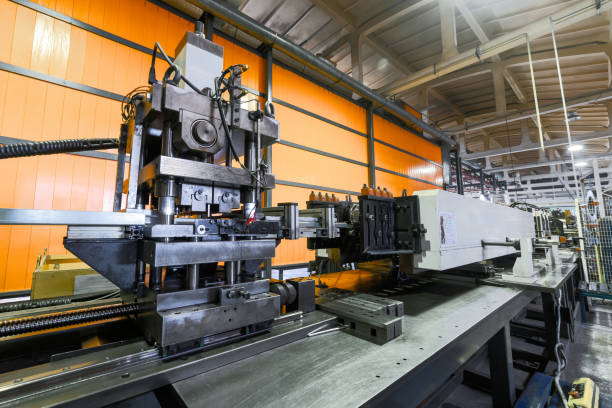Manufacturing Jobs in Portugal: Roles, Training, and Language Skills
Manufacturing jobs span a wide range of roles from machine operation and quality control to assembly, maintenance, and production planning. This article explains the typical tasks, skills, and pathways associated with manufacturing employment, with a focus on opportunities in Portugal and considerations for people building a career. It is general informational content and does not list specific job openings or imply that particular positions are currently available.

What do manufacturing jobs involve?
Manufacturing roles commonly center on transforming raw materials into finished products using tools, machines, and controlled processes. Day-to-day responsibilities vary by role: operators run and monitor equipment; assemblers put parts together to specification; technicians troubleshoot machinery; and inspectors perform quality checks. Many positions require adherence to safety standards, reading technical drawings, and basic data recording. Soft skills such as teamwork, punctuality, and problem-solving are often as important as technical abilities because manufacturing typically relies on coordinated production lines and shift-based schedules.
How does manufacturing in Portugal operate?
Portugal’s manufacturing sector covers industries such as automotive components, textiles, electronics, food processing, and metalworking. Facilities range from small workshops to larger plants integrated into international supply chains. Regional clusters exist around industrial hubs, and companies may work with local services such as vocational schools and employment centres to recruit and train staff. Operations emphasize process efficiency, compliance with European standards, and increasing automation in some segments. Working conditions, shift patterns, and employer expectations can vary across regions and company sizes, so it helps to research local labour regulations and typical practices in your area.
How can you develop a long-term manufacturing career?
Building a manufacturing career typically combines hands-on experience with progressive responsibility. Entry-level roles can lead to positions in supervision, maintenance, quality assurance, or production planning after gaining practical skills and certifications. Consider documenting experience in specific machine types, process improvement methods (for example, basic Lean or Kaizen principles), and any supervisory duties. Networking with peers, joining industry associations, and using local services that provide career counseling can expose you to training options and internal promotion paths. Progression often requires continuous learning and adapting to new technologies used on the factory floor.
What training and qualifications matter?
Common qualifications include vocational courses, apprenticeships, and technical diplomas in areas like mechanical engineering technology, industrial maintenance, or electromechanics. Short courses on CNC operation, PLC programming, welding, or quality management can increase job prospects. Many employers value hands-on apprenticeship experience as much as formal credentials. Safety certifications (e.g., basic workplace safety or fork-lift operation) are frequently required. If you’re exploring options in Portugal, check with vocational institutions and local services for recognized programs and apprenticeships that combine classroom learning with practical placements.
Is English required in manufacturing workplaces?
English is increasingly useful in manufacturing environments that are part of international supply chains, interact with foreign clients, or use technical documentation in English. However, the level of English required depends on the employer and role. In many local or regional positions in Portugal, Portuguese language skills are often most important for daily communication and safety. For roles tied to export, multinational teams, or technical documentation, intermediate English can be an advantage. When planning a career, evaluate job descriptions and industry sectors to determine whether language training should be part of your development plan.
Conclusion
Manufacturing jobs offer diverse entry points and career paths, combining practical skills with opportunities for technical advancement. In Portugal, the sector includes a mix of traditional and more automated operations, and training—whether through vocational courses, apprenticeships, or on-the-job experience—plays a central role in progression. This article provides general guidance and does not represent or guarantee the availability of specific job openings; individuals should consult official job listings, employer postings, and local services for current opportunities and requirements.






